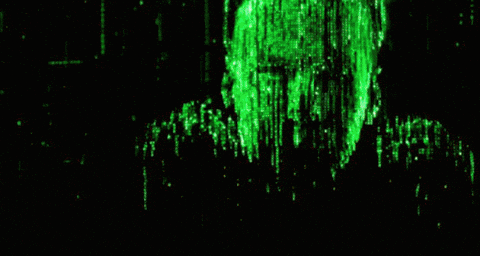In the world of science fiction, few films have had as profound an impact on society as The Matrix. Released in 1999, this groundbreaking film by the Wachowskis explores themes such as reality, identity, and freedom that continue to resonate with audiences today. One aspect of the movie that has been widely discussed is its social implications.
The Matrix presents a dystopian future where humanity is unknowingly trapped in a simulated world created by sentient machines. This raises questions about our relationship with technology and how it shapes our lives. It challenges us to consider whether we are truly free or if we are merely puppets being manipulated by external forces beyond our control.
Moreover, the film also touches upon issues of social inequality and class division. The characters in the movie belong to different levels of society, with some living in luxury while others struggle just to survive. This reflects real-world problems such as wealth disparity and economic inequality that persist even today.
In conclusion, "The Matrix" serves not only as a thrilling action film but also as a thought-provoking exploration of our relationship with technology and society's inherent inequalities. Its enduring popularity speaks to its relevance in addressing these pressing issues, making it an essential piece of cinema for anyone interested in understanding the complexities of modern life.
